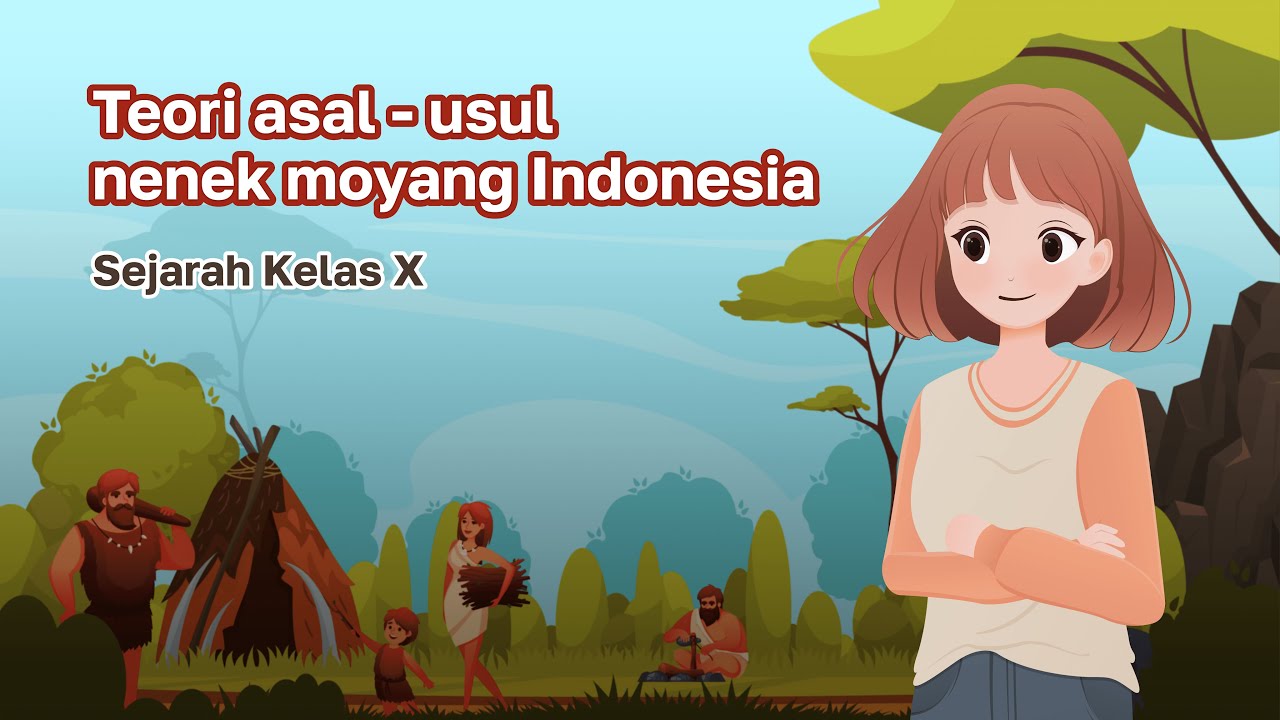Новые земли, новые люди: нас заселили сюда, как рабов
Summary
TLDRThe video explores the concept of human ancestry, suggesting that every person alive today has vast numbers of ancestors from the 16th century, potentially numbering in the trillions. It raises questions about our origins and posits theories of an ancient civilization inhabited by giant beings who lived in harmony with nature. The narrator challenges mainstream historical narratives and proposes that humanity may be living under the influence of advanced, possibly non-human entities. References to Jonathan Swift's 'Gulliver's Travels' serve to illustrate these ideas, blurring the lines between history, fiction, and speculation about our true place in the universe.
Takeaways
- 👨👩👦 Each person has a vast lineage, with approximately 32,000 ancestors from the 16th century, illustrating the complexity of human ancestry.
- 🌍 The world population is estimated at around 8 billion, but the breakdown of family sizes suggests a smaller number of distinct family units.
- 🔍 Skeptics are challenged with hypothetical scenarios that simplify population dynamics and ancestry to provoke thought about human origins.
- 🏰 Ancient civilizations are depicted as having advanced societies with high architecture and harmonious relationships with nature.
- ⚡ Electricity is framed as vital for life, with claims that its depletion has severe implications for humanity's existence.
- 🌪️ A catastrophic event is suggested to have drastically changed the planet, impacting the availability of natural resources.
- 👽 The narrative suggests that humans may not be the original inhabitants of the Earth, proposing theories about otherworldly beings and their influence.
- 👑 The concept of 'blue blood' is introduced as a potential marker of a different lineage or species among those who dominate the Earth.
- 📚 Jonathan Swift's 'Gulliver's Travels' is discussed as a satirical reflection on human society, with connections made to the idea of giants and miniature people.
- 🔗 The speaker suggests a link between historical narratives and modern-day realities, questioning the reliability of historical accounts and who controls these stories.
Q & A
What is the significance of the family tree mentioned in the transcript?
-The family tree illustrates how each person has a vast number of ancestors, emphasizing the interconnectedness of humanity and how genealogy expands over generations.
How many ancestors does a person supposedly have if traced back to the 16th century?
-According to the transcript, each person living today could have around 30,000 ancestors if traced back to the 16th century.
What theory does the speaker suggest regarding ancient civilizations?
-The speaker proposes that ancient civilizations may have been far more advanced than we understand today, possibly inhabited by beings much taller and more technologically advanced than contemporary humans.
What is the relationship between electricity and life as per the transcript?
-The speaker posits that electricity is essential for life, with all organisms relying on it. A decrease in available electricity is linked to a shorter lifespan.
Who does the speaker claim is responsible for the destruction of these ancient civilizations?
-The speaker suggests that invaders from neighboring lands, referred to as 'others,' came and destroyed these civilizations, leading to a loss of knowledge and cultural heritage.
What is the significance of the phrase 'blue blood' in the context of the transcript?
-The term 'blue blood' is used to indicate a supposed distinction between the invaders and native humans, implying that the invaders may possess different, possibly non-human characteristics.
How does the transcript connect the story of 'Gulliver's Travels' to modern interpretations of civilization?
-The transcript draws parallels between the fictional world of 'Gulliver's Travels' and the idea that modern societies might not fully understand the histories of their predecessors or the existence of other intelligent beings.
What critique does the speaker offer regarding the progression of civilization?
-The speaker critiques the notion that human civilization has been steadily progressing since the 19th century, suggesting that this view ignores earlier advancements and the disruptions caused by catastrophic events.
What role do local inhabitants play in the historical narrative presented?
-The local inhabitants are depicted as having been exploited and used to prepare the land for the invaders, highlighting themes of colonization and loss of identity.
What does the speaker imply about the nature of knowledge and history?
-The speaker implies that our understanding of history is incomplete and often manipulated, advocating for a reevaluation of accepted narratives and recognition of other possible histories.
Outlines

This section is available to paid users only. Please upgrade to access this part.
Upgrade NowMindmap

This section is available to paid users only. Please upgrade to access this part.
Upgrade NowKeywords

This section is available to paid users only. Please upgrade to access this part.
Upgrade NowHighlights

This section is available to paid users only. Please upgrade to access this part.
Upgrade NowTranscripts

This section is available to paid users only. Please upgrade to access this part.
Upgrade Now5.0 / 5 (0 votes)





